50th Anniversary of the Great March on Washington, a Continued Petition for Racial Equality
What mother was not affected by the death of seventeen year old Trayvon Martin? I am a Caucasian Canadian, removed in many ways from the racial struggle that still thrives throughout the United States, yet my thoughts still immediately turned to my own young son and daughter when Martin was killed on February 26, 2012. The wellbeing of my children is never far from my mind.
Growing up in Alberta, my perspective on racial issues reflects the Canadian stereotype of politeness. Our nation’s struggles with diversity are often masked, quieted even beneath a vocabulary of tolerance. Nevertheless, my parents taught to be respectful towards people different from myself. I remember celebrating culture days in my primary and secondary schools in the 90’s and have many lifelong friends that include individuals with diverse ethnicities.
This past June I began grad school for creative writing at Lesley University in Cambridge, Massachusetts. There, I was surprised by how many of the American students, both black and white, wrote about racial issues. These issues reflected the States fifty years ago right up to today. Their struggles had not been my reality growing up and we talked openly about their experiences.
When I visited New York this July I heard about the 100 City Vigil and decided to attend. The vigils took place on July 20th, 2013 across the United States and were rallies for justice following the not-guilty verdict in the Zimmerman trial that ended one-week prior.
My husband was nervous for my safety expressing concern that the gathering may grow violent, yet I insisted. Something had been stirred in me both as a person who cares deeply for human rights and also as a mother who can relate to Trayvon Martin’s parents. My second child died in my arms from a cardiac tumor in 2010. The death of a child is devastating, yet for me the experience allowed me to begin writing and making art to comfort others who have had similar losses or who have had to rebuild their lives after hardship. I see in Martin’s parent’s the same potential to turn their sadness into social change. Their strength is heartening.
The 100 City Vigil was an event I will never forget. The gathering was peaceful and inspiring. It opened my eyes to see that beyond our Canadian borders, and very likely still within them as well, racial equality requires a greater awareness and acceptance.
I stood in the crowd beside a young African American woman named Latoya Phillip, a student at John Jay College of Criminal Justice in New York City. After the vigil she said, “It was beautiful today to see people gathering, all of different races, people from all over, celebrities, politicians. It was a very beautiful thing but this is not it. There is so much more work to be done. This is the beginning.”
I asked Phillip what she believed to be the next steps. She responded by saying, “The first step should be to remove bias from the heart. That is the first step. Now we need numbers, we need power in numbers. We need more people, people to go to Washington, to go to the people who make the policies, because this has to change.” Latoya Phillip shook her head, “It’s not fair. It’s not fair.”
The visit to Washington that Phillip referred to took place this past Saturday, August 24th, 2013. It was a rally at the Lincoln Memorial in Washington D.C., followed by a march to the Martin Luther King Memorial. This event was to celebrate the 50th anniversary of The Great March on Washington that took place on August 28, 1963.
The march of ’63 was a protest for jobs and freedom for African Americans and was attended by an estimated 250,000 people. It was one of the largest gatherings for human rights in American history. Saturday’s event, organized by The National Action Network, hoped to attract even greater numbers than five decades prior although all the major news papers I’ve read record the attendance only in the tens of thousands.
The New York vigil and the 2013 March on Washington called for new policy, specifically a change to the Stand your Ground laws and federal anti-profiling legislation. The message was clear; the death of Trayvon Martin woke up many to the inequality and injustice that still exists – but were enough stirred to action?
Martin Luther King III spoke on Saturday about his father’s iconic “I have a dream” speech. Yet the son of the great Martin Luther King Jr. was clear, “This is not the time for nostalgic commemoration, nor is this time for self congratulatory celebration. The task is not done, the journey is not complete, we can and we must do more.”
I believe those words also resonate with us above the American boarder. We Canadians must turn our tolerant ideals into action; we too have much work to do.

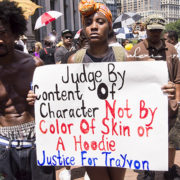

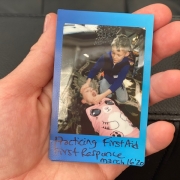







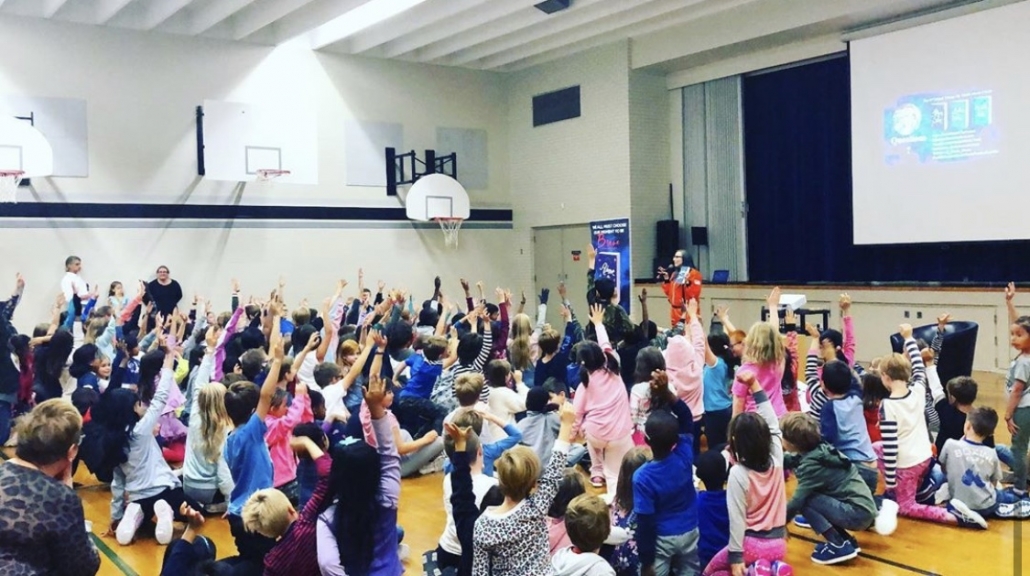

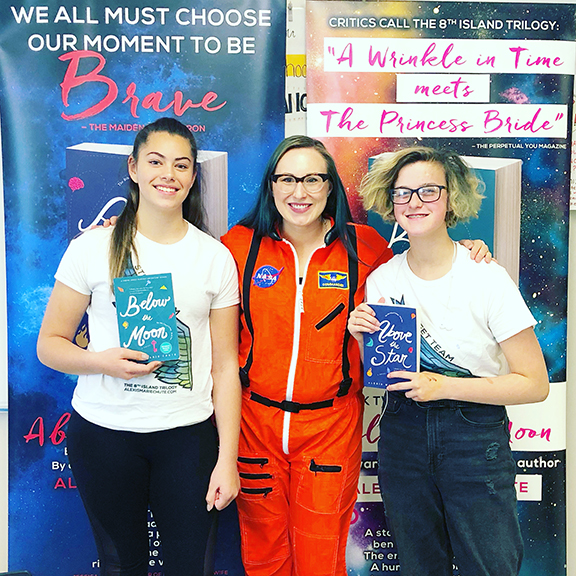

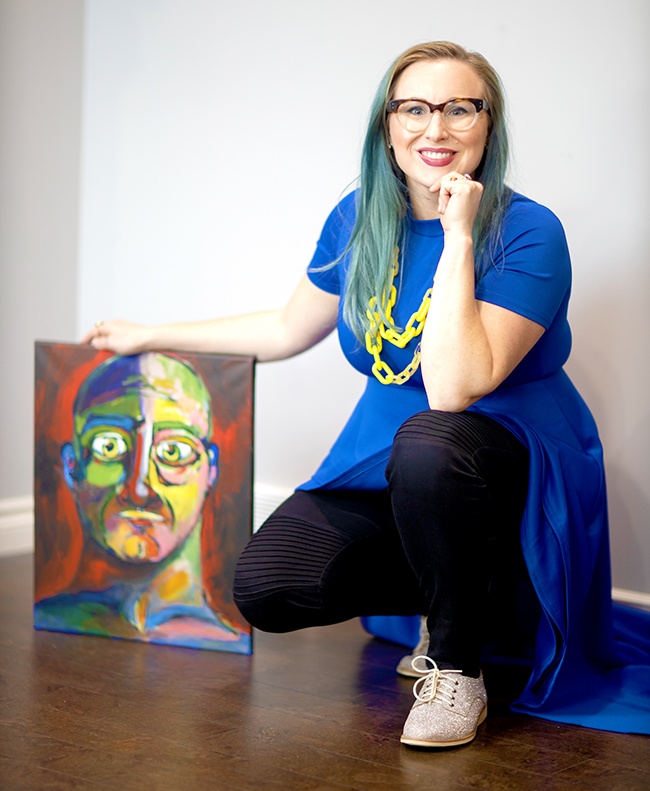
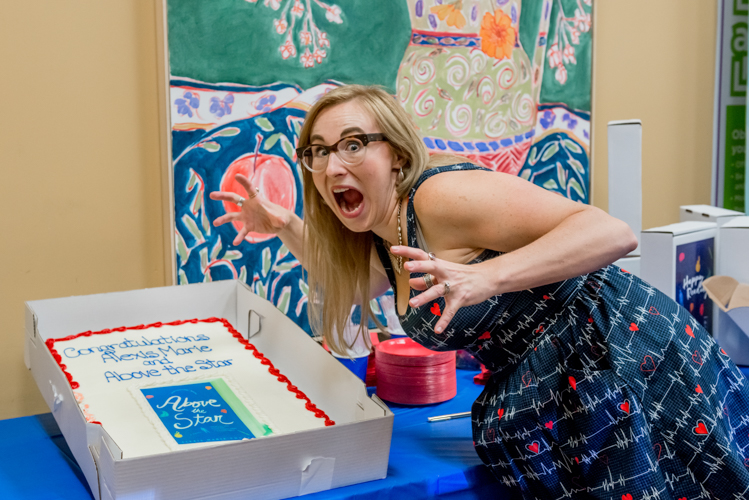

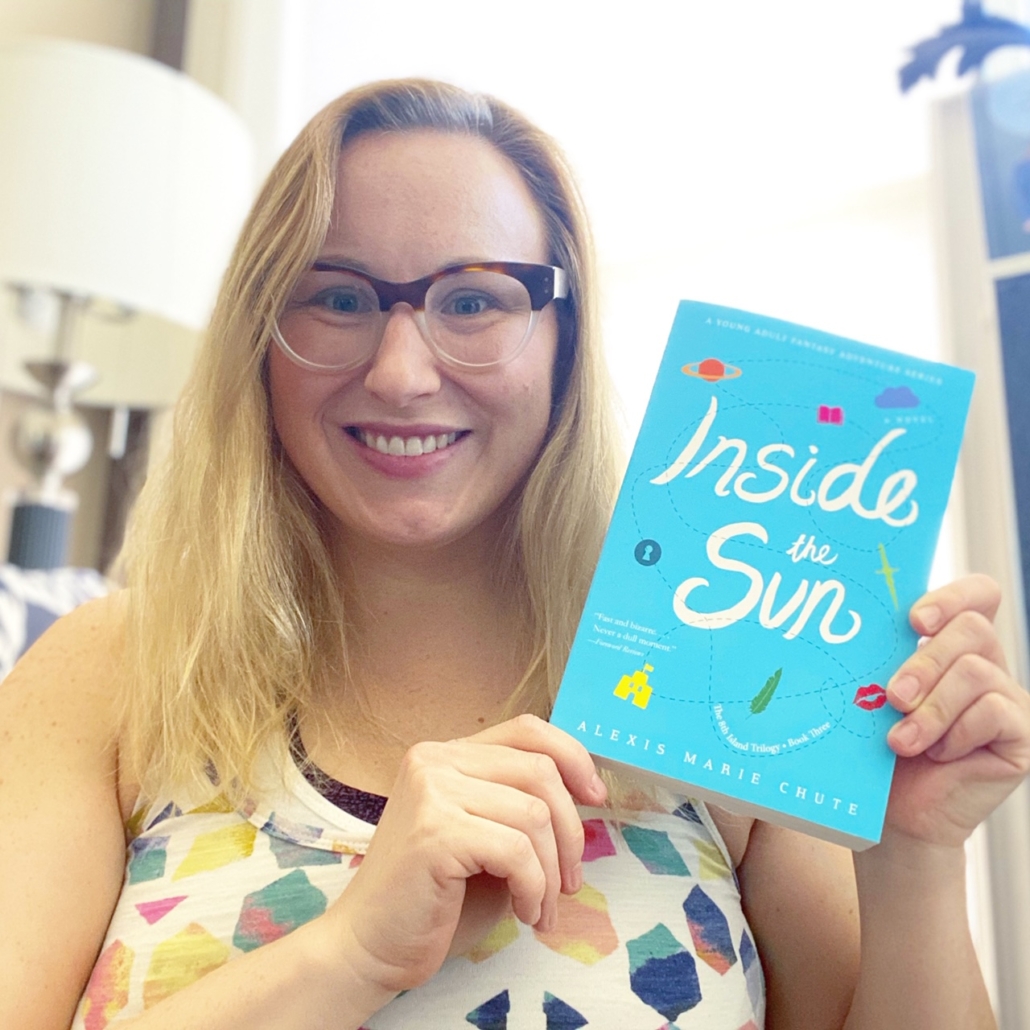


Leave a Reply
Want to join the discussion?Feel free to contribute!